How would Scottish independence change Westminster?
- Published
People in Scotland will decide in September whether the country should become independent. A Yes vote would mean changes at Westminster, starting with the number of MPs:
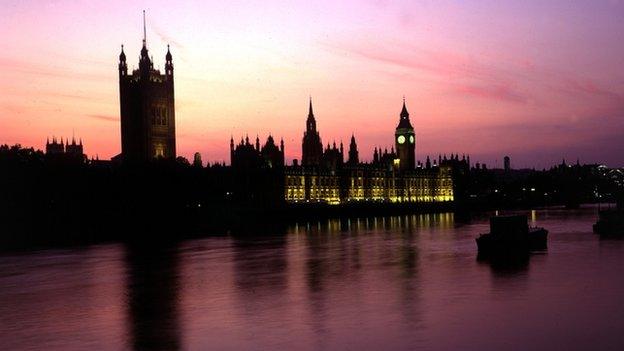
Of the 650 MPs currently in the Westminster Parliament, 59 represent Scottish seats. If Scotland votes for independence, the presumption is that at some stage they will leave, bringing the number down to 591.

How and when would it happen?
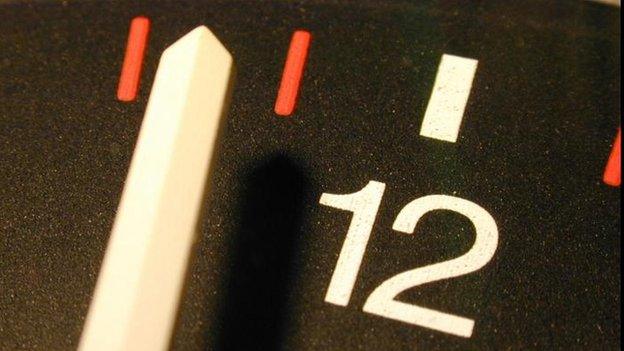
There is some debate. If there is a yes vote the Scottish National Party wants the country to become independent in March 2016. This would be about 10 months after the next UK general election. The SNP has said the election should take place as normal, with Scotland's candidates competing for curtailed, 10-month terms as UK MPs. Others disagree, pointing out that there would be a possible scenario where Labour had a small majority with Scottish MPs in place, but lost it less than a year later when their Scottish MPs disappeared. The SNP's Westminster leader, Angus Robertson, has also suggested an alternative that the UK general election could be put back by a year instead. Some have argued that Scotland should lose its Westminster MPs immediately, if it backs independence. Lib Dem Scottish Secretary Alistair Carmichael has said this is unlikely and, at the moment, there is no plan agreed on what would happen.

Who would see their Westminster seats disappear?
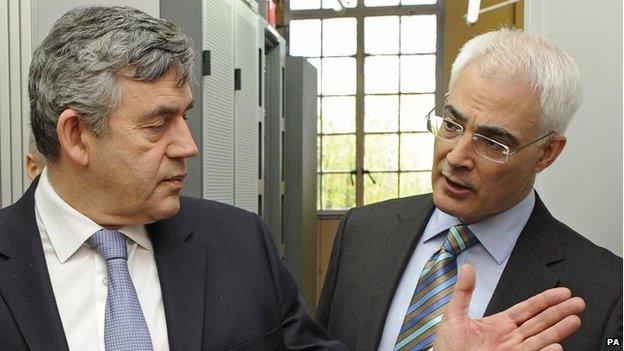
Some of the best known names in Parliament would have to leave the Commons, including:
Former Labour Prime Minister Gordon Brown
Ex-Lib Dem leader Charles Kennedy
Former Chancellor Alistair Darling
Current and previous Scottish secretaries Alistair Carmichael and Michael Moore
Shadow foreign secretary Douglas Alexander
Chief Secretary to the Treasury Danny Alexander

How would the parties be affected?
Based on the 2010 election, Labour, which won 41 Scottish seats, would be the hardest hit, followed by the Liberal Democrats, who took 11. The Conservatives would lose only one seat. Meanwhile, the SNP would lose all six of its Westminster MPs.

Would the Conservatives have a majority at Westminster without Scotland in the UK?
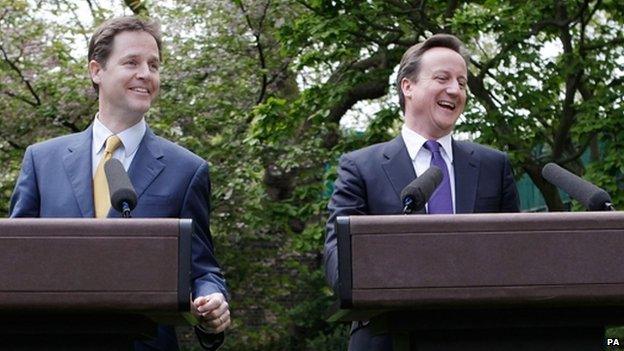
All other things - that is, the situation in the rest of the UK - being the same, yes. Rather than having to form a coalition with the Lib Dems, David Cameron would have had a majority of 21 seats in the Commons, according to the BBC's Political Research Unit.

And before that?
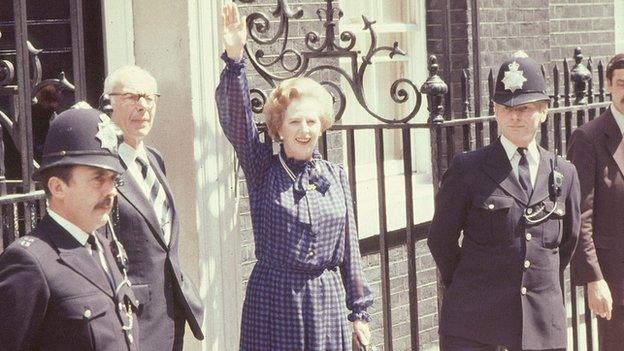
Analysis shows that most general election results would have been the same, albeit with changed majorities. In recent times, Margaret Thatcher's Conservatives would have enjoyed a massive 174-seat majority in 1983, bigger even than the 144-seat majority they achieved. In 1992, Tory John Major would have had a 71-seat majority, as opposed to the 21-seat majority which occurred. And, without Scotland, Tony Blair's Labour majority would have been cut from 179 to 137 seats in 1997, from 167 to 127 seats in 2001, and from 66 to 43 seats in 2005.

Would the West Lothian Question finally be solved?
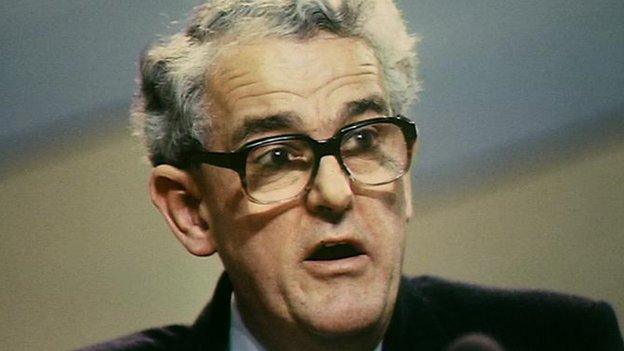
Not necessarily. This expression, first used by the Scottish Labour MP Tam Dalyell in the 1970s, refers to the apparent unfairness with devolved government, where a Scottish MP can vote on policies covering things like schools and hospitals in England, but English MPs have no say on how these are run in Scotland, because the Scottish Parliament takes care of them. Scotland becoming independent would, therefore, end the need to wrestle with the West Lothian Question. But, while Tam Dalyell invented the term, he was by no means the first person to ponder such problems. The debates over Home Rule for Ireland in the late 1800s and early 1900s covered much the same ground. Such constitutional questions have exercised the finest minds known to politics for more than a century. Even if Scotland leaves the UK, Wales - with its devolved and increasingly devolving system of government - remains, as does Northern Ireland. Perhaps it could be re-named the West Glamorgan question?

Would Westminster treat Scotland as a foreign country?

Presumably yes. There would be no more Scottish secretary or Scotland Office, so the relevant Commons select committee scrutinising their work would go. An all-party parliamentary group on Scotland - like that enjoyed by countries from Afghanistan to Zimbabwe - could be set up. But others involved in specific aspects of Scotland - like the group on Scotch Whisky and Spirits - might have to go. Expect an outcry.

Finally, what about the House of Lords?
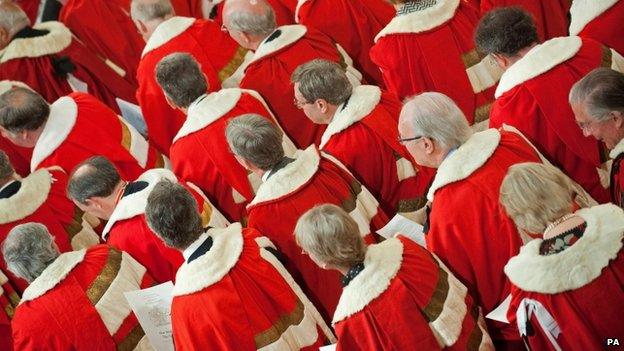
The situation here seems even less clear than that in the Commons. Peers do not represent anywhere in particular, despite names linking them to parts of the country, but around 60 are residents of Scotland. The current rules state that any peer must be a UK taxpayer when it comes to income tax, capital gains tax and inheritance tax. Lord Wallace of Tankerness, leader of the Lib Dems in the Lords, said recently that people would have to think whether they "felt that it was worth paying income tax in two separate countries to continue their membership of the House of Lords". But the House of Lords is self-governing and would have to decide how its own rules should change.